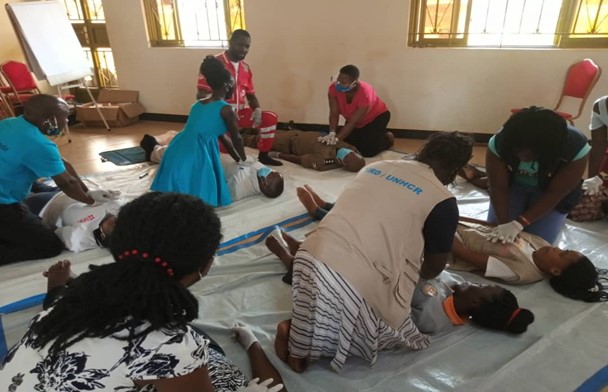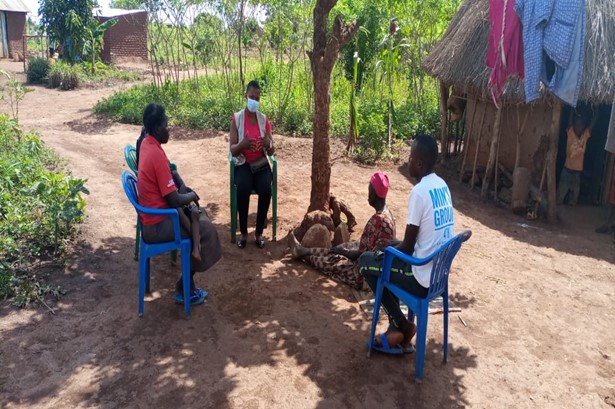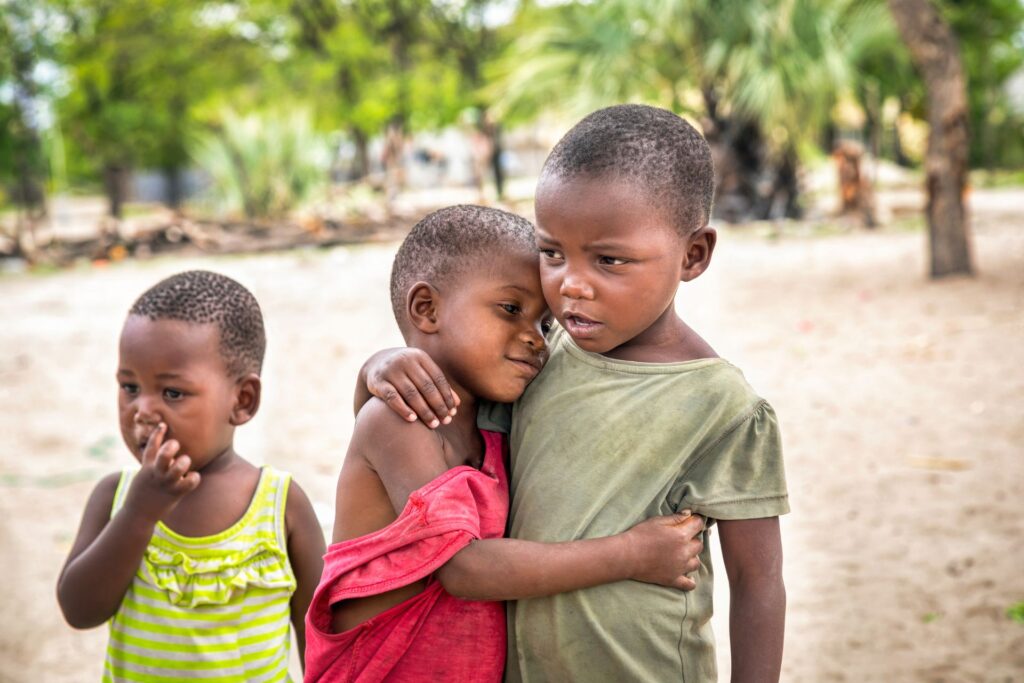
Enhanced Access to and Uptake of Sexual Reproductive Health and Rights (SRHR) for Girls, Boys, and Youth in Uganda
The "Enhanced Access to and Uptake of Sexual Reproductive Health and Rights (SRHR) for Girls, Boys, and Youth in Uganda" project, funded by the Swedish International Development Agency (SIDA), addressed mental health and psychosocial issues such as early pregnancy, HIV risk, and social isolation among adolescents in Uganda. REPSSI empowered youth by providing SRHR information, psychosocial skills, and support through training, school clubs, and community awareness. The project, implemented in Kiryandongo District from 2020 to July 2022, focused on improving health outcomes and social connectedness for adolescent girls, boys, and youth
OUR PROGRAMMING
The "Enhanced Access to and Uptake of Sexual Reproductive Health and Rights (SRHR) for Girls, Boys, and Youth in Uganda" project, funded by SIDA, aimed to improve SRHR outcomes and mental health by mainstreaming psychosocial support into health, education, and SRHR services. The project focused on reducing early pregnancies, improving HIV outcomes, and enhancing social connectedness for adolescents, especially in humanitarian settings. It empowered youth through skills development, training for service providers, and community engagement, implemented in Kiryandongo District from 2020 to July 2022.

Capacity Building

SUPPORT
MEDICAL
HELP
The project focused on capacity building through targeted training for health workers, education actors, and community partners. These groups were trained on integrating mental health and psychosocial support (MHPSS) into sexual reproductive health and rights (SRHR) services. Health workers and teachers learned how to identify MHPSS needs, provide support, and refer clients for specialized services. Community actors were trained to engage youth in discussions on SRHR and mental health. Trained individuals used their skills to deliver psychosocial support, lead awareness campaigns, and create safe spaces for adolescents, thus meeting the needs of the beneficiaries.
During the intervention phase, beneficiaries, including adolescent girls, boys, and youth, gained essential knowledge and skills in sexual reproductive health and rights (SRHR) and mental health. Through training, school clubs, and community awareness sessions, they learned to make informed decisions, identify mental health issues, and access support services. These beneficiaries were reached through schools, youth clubs, and community programs. After the intervention, many reported increased confidence in discussing SRHR topics, better mental health coping skills, reduced stigma, and improved social connections, leading to more informed decisions about their health and relationships.
The project used a combination of quantitative and qualitative monitoring and evaluation methods, including surveys, focus group discussions, and interviews with beneficiaries and service providers. Regular assessments tracked the effectiveness of training, service delivery, and behavioral changes. Data collected helped measure the impact on SRHR knowledge, mental health improvements, and the overall well-being of adolescents in Kiryandongo District.
During the project implementation phase, we learned that integrating mental health and psychosocial support with sexual reproductive health services significantly improved adolescent well-being. Beneficiaries, including girls, boys, and youth, gained confidence in making informed decisions about their health and relationships. The training for health workers and educators enhanced service delivery, while community engagement fostered better understanding and support for SRHR. The project led to positive changes in attitudes, reduced stigma, and improved access to services, especially for vulnerable youth in humanitarian settings.

